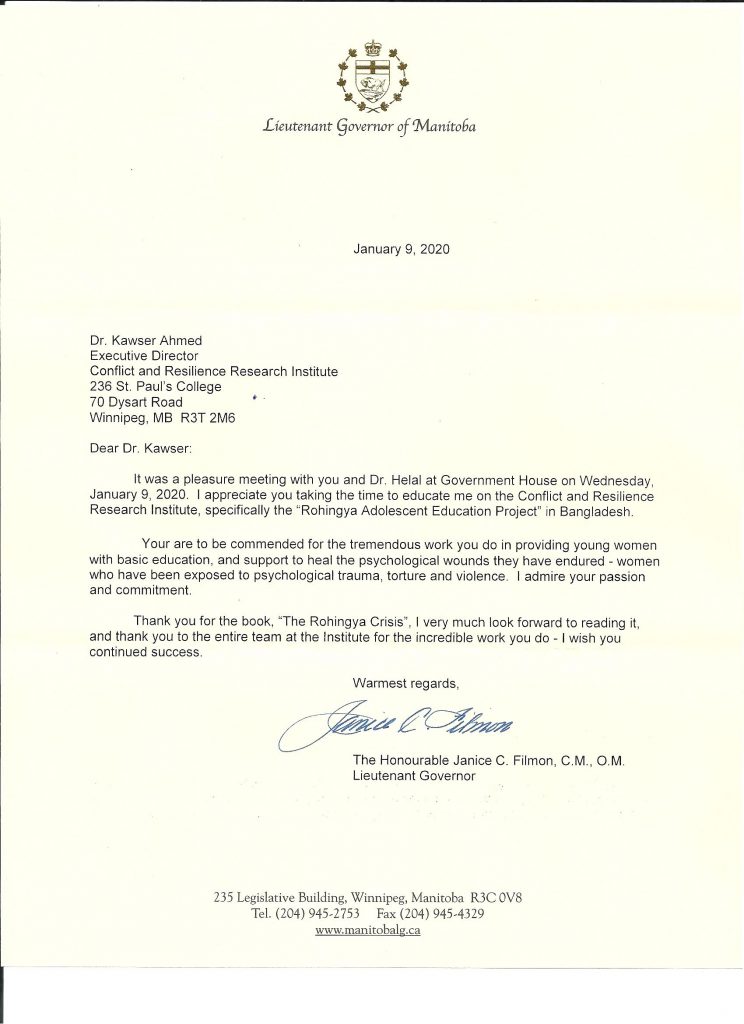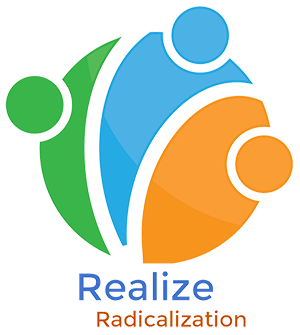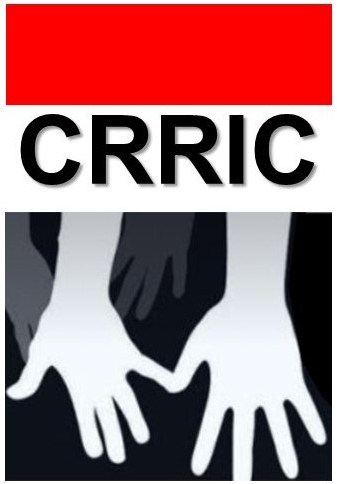MISSION STATEMENT
To contribute towards knowledge development for conflict transformation and assist diverse stakeholders to achieve resilience through peacebuilding initiatives.
CONFLICT
‘Conflict’, in general, denotes antagonistic human interaction—inter-personal, inter-group and inter-ethnic, global-local—evolving over time and space. Human perception influences shaping, reshaping, transformation, and resolution of conflict.
CRRIC studies diverse dimensions of conflicts affecting human security and livelihood. As well, CRRIC strategizes apt and appropriate policies towards resilience and reconciliation. ‘Conflict transformation’ is at the heart of its discourse development.
CRRIC emphasizes developing tools and methods for non-violent conflict transformation imbued with the teaching of Mahatma Gandhi on ‘Satyagraha’—
It was educating the people. It is my duty to place before the people all the legitimate remedies for grievances. A nation that wants to come into its own ought to know all the ways and means to freedom. Usually they include violence as the last remedy. Satyagraha, on the other hand, is an absolutely non-violent weapon. I regard it as my duty to explain its practice and its limitations. I have no doubt that the British Government is a powerful Government, but I have no doubt also that Satyagraha is a sovereign remedy.
The Story of my Experiments with Truth
RESILIENCE
Most societies nowadays are marred with conflicts and unforeseen natural and human-induced calamities. Evolving vulnerabilities are often not even foreseen. Faith, race, ethnicity and gender-based positioning reinforce social stigma and stereotyping adversely impacting human relationship.
CRRIC considers ‘resilience’ not only as humans’ shock absorption strength but also the capability to resist and prevent future shocks.
For resilience, CRRIC advocates a ‘customization approach’ for developing ‘need-based’, context-based, and system-sensitive mediation and remediation measures.
CRRIC acknowledges definition of ‘resilience’ by Micheal Ungar (2008)—
“In the context of exposure to significant adversity, resilience is both the capacity of individuals to navigate their way to the psychological, social, cultural, and physical resources that sustain their well-being, and their capacity individually and collectively to negotiate for these resources to be provided in culturally meaningful ways.”
Resilience across Cultures, The British Journal of Social Work, 38:12; 218–235





